NIKKI Perkins is holding her months-old daughter Ava in a London shopping mall when a woman approaches and snatches the infant child away. Perkins freezes.
Clutching Ava, the woman runs off across the mall, makes a beeline for her own daughter, and proceeds to show her Ava — here is the little Australian girl we've only ever seen on a screen!
Fast forward more than 18 months and Perkins is reliving the moment. "It was that aunty sort of vibe, where she just grabbed her," she tells BuzzFeed. "[I wondered] Did that really just happen?"
For Perkins, this incident brought home one consequence of living at least part of your life online for the consumption of an audience — not all viewers realise that even for YouTubers there are safety and privacy lines that cannot be crossed.
Nikki Perkins and her husband Jamie are happy to hug, and take photos with, their fans. But Ava is off limits.
AVA Perkins has lived her short life in the public eye. Since her conception the 2-year-old has had an Instagram following. So too her future sibling, whose existence was announced in September by her parents — Nikki and Jamie Perkins — on Instagram.
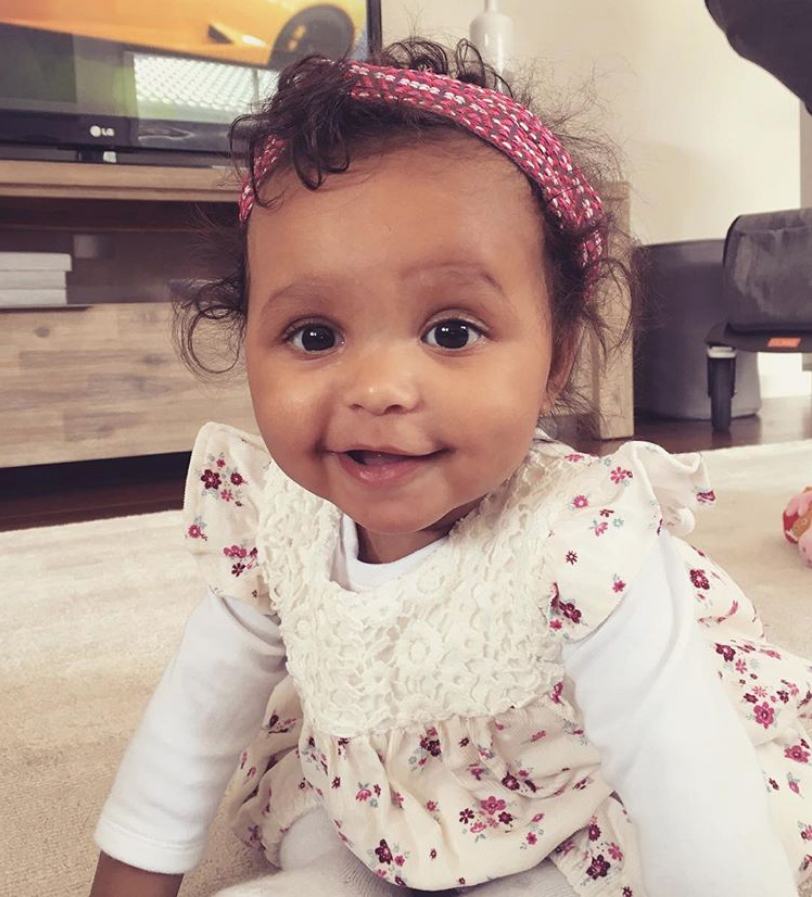
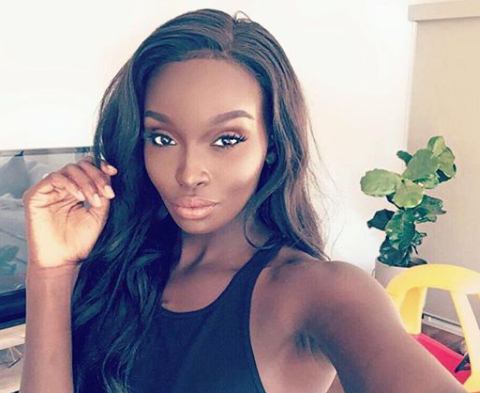
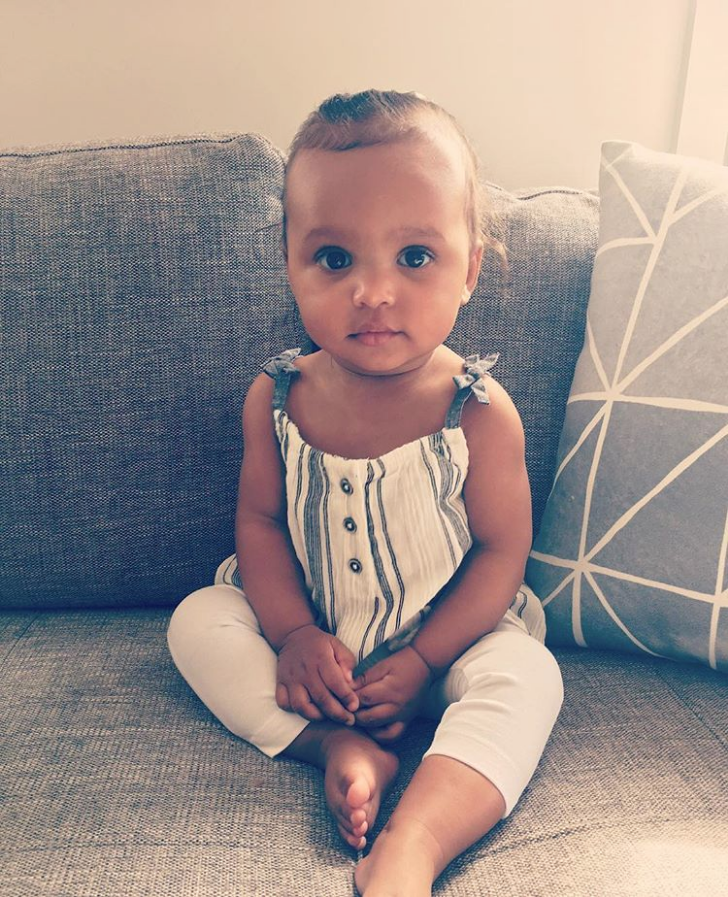
The announcement received more than 100,000 likes. The Perkins share a version of their life with over 800,000 Instagram followers and 1.2 million people on YouTube. For this Australian family, life = likes, followers, fans and a full-time job.
The visual timeline of Ava’s life is in stark contrast to her mum Nikki, who doesn’t have a single photo of herself as a baby.
Nikki was born in Khartoum in Sudan and migrated with her family, whose roots are in what is now South Sudan, to Victoria, Australia, in 1994 when she was 4-years-old.
She grew up in the suburbs of Melbourne, and there, in Moorabbin, her family’s South Sudanese values were integral to her upbringing. Living a private, quiet life was paramount. So too was working hard, an example set by her father, who took his final veterinary science exam in Australia 10 times after missing the required mark by 0.5% or 1% each time.
Nikki’s parents encouraged her to excel in school, perhaps study medicine or law, and focus on building a “stable” career.
Instead Nikki became a YouTuber.
Push back from her family over her new career was inevitable. When she started vlogging they avoided the camera.
“My Dad was on the train one day and some subscribers came up to him and were like, ‘Oh my gosh, you’re Nikki’s dad!’, and he was horrified that people recognised him from our videos,” Nikki said. “It’s hilarious.”
And when she first brought Jamie, now her husband, home to meet members of her family, they were initially shocked that he was white and not South Sudanese.
It’s not that Nikki's disregarded the advice of her family, she's just done things a little differently, treading her own path in love and career.
I grew up in the Sydney suburb of Lidcombe, surrounded by people who had been born overseas and subsequently made a home in Australia (more than 28% of Australians are born overseas). And for the most part the community was tolerant and accepting of all cultures. Nikki had a similar experience in Moorabbin.
Even though there were not many South Sudanese families in the area, she felt safe and welcome, and wasn’t made to feel different. There were few racist remarks or other negative comments from her peers or in the community.
“Growing up, I never really realised I was different from everyone else,” Nikki says. “I never really got bullied for my skin. It’s funny because the only time I was made to feel different was from my own people, because I’m darker than my mum.”
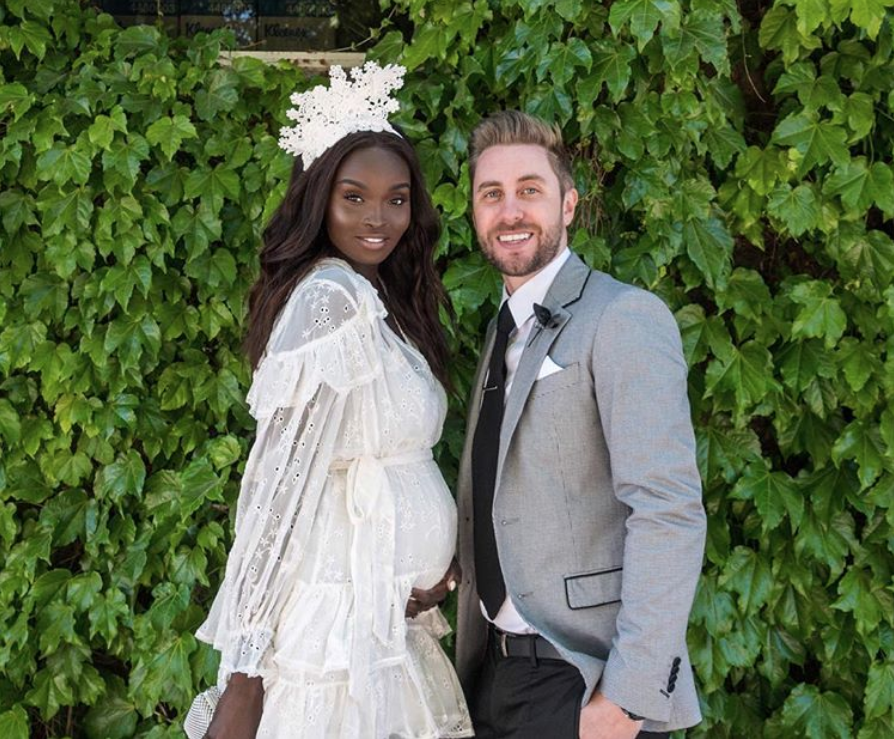
It was when she started dating Jamie, and sharing her life online, that it all changed. Her skin colour and their interracial relationship became a topic. And she began to face criticism in the comment feeds.
I speak to Nikki and Jamie in the YouTube creator’s lounge at September’s VidCon event in Melbourne for people who love video.
Around me are people I’ve watched online for years, including Patrick Starrr, Gigi Gorgeous and Wengie. Nikki arrives wearing a black t-shirt with MELANIN printed on the front in white — her identity politics are clear to anyone who’s spent time on Instagram. She's softly spoken and just as beautiful as she looks in her photos.
Nikki, 27, and Jamie, 34, earn a comfortable living by vlogging.
Nikki, a former model who worked in hospitality, and Jamie, an ex-wedding videographer, met on MySpace through mutual friends, and began their relationship after first building a friendship electronically (Jamie made the first move btw).
Their YouTube following has built off the back of Jamie uploading their marriage proposal video. Viewers soon requested more. At first, it was a hobby — they didn’t know how to monetise videos, let alone generate enough income to quit their day jobs.
It took two years for YouTube to become their job. Now they post a new video twice a week. In terms of production that means filming five days a week and editing for two.
“It all started as enjoyment,” Jamie says. “We weren’t doing it because we could make money, but when we realised we could supplement our income by doing something we enjoyed doing as a hobby, it was great.
“Of course, there’s the benefit of being able to pick your own hours, but being able to spend so much time with our daughter is the number one benefit.”
Jamie’s role as Ava’s father has at times elicited judgement and misunderstanding. A doctor asked Jamie how he knew Ava, assuming that Jamie and his own daughter weren’t related. Jamie says the encounter was “confronting” more than “racist”.
In the comment feed of Nikki’s beauty channel side-project the colour of her skin is a regular talking point. Nikki may feature on both channels, but the audiences and level of vitriol is completely different.
In the channel focusing on family life difference is celebrated (one comment reads, “You guys bought [sic] a smile to my day!”), while Nikki says “all the trolls hide in the beauty section”.
"The black girl magic has really blown up now,” says Nikki. “Everything is at its peak of melanin. It went from literally no-one noticing to everyone being like, ‘Oh my gosh’.”
Comments on Nikki’s beauty videos reflect the mainstream beauty industry idea that black is rarely beautiful; she also receives backhanded compliments such as “Your [sic] really dark colored. but your [sic] so beautiful” and “Don't get me wrong people, but I think some of you are liars I know you don't want to have that kind of skin, DUH!!!!!!! Because I don't want too honestly”.
Nikki modelled for a short time, and her younger sister Duckie Thot has developed a successful modelling career. But they’ve done so within a global industry that is increasingly more diverse than what’s seen in Australia, where beauty is still largely defined through a white lens.
In the US the celebration of melanin has been translated into commercial success for models including Thot, Ajak Deng, Winnie Harlow, Simone "Slick Woods" Thompson, and brands such as Fenty Beauty. And it’s in that space that Nikki is trying to operate.
“My Instagram has blown up, the black girl magic has really blown up now,” Nikki says. “Everything is at its peak of melanin. It went from literally no-one noticing to everyone being like, ‘Oh my gosh’.”
"One of the sad things is the media only really shows the negative when it comes to South Sudanese," says Jamie.
Nikki attributes the growth of her Instagram to the #blackgirlmagic craze, which has been both a positive and a negative. The viral photo of Nikki and Jamie while she was pregnant with Ava, for example, brought equal amounts of praise and criticism.
Comments such “ok so…how much does he make?” and “you’re only with him for the money” are typical.
“I was broke as hell when I met her,” Jamie says.
“I wish he was rich!” Nikki adds.
The challenge for Nikki and Jamie is finding the right balance between sharing aspects of their marriage and family life, and over-sharing, which corrodes the little privacy they have, and exposes Ava and Nikki to a level of verbal violence that is intolerable.
In creating and publishing content, vloggers are blurring the line between friend and stranger with their viewers. YouTuber’s call their viewers family, and sometimes even create a name for their community.
Felix Kjellberg, who is known as Pewdiepie, is the most subscribed YouTuber in the world with almost 58 million followers, and has the Bro Army for example. He opens every video by greeting his “bros”, and acts such as this can create a heightened sense of connection, making some viewers feel like they’re more involved and known to their favourite YouTuber than is actually the case.
By watching vlogs and seeing glimpses into a YouTuber’s “private life” subscribers are exposed to all the fears and dislikes of their favourite people. They know when a YouTuber is anxious, or when they don’t like to be approached. They even know what the YouTuber’s favourite snacks are.
It’s a different world to that of the traditional celebrity, who shares only what they choose to, thus remaining unattainable and untouchable. Vloggers are more open because that’s the business model.
JAMIE recounts that when they first started their channel, people would show surprise that their family life was so familiar. Bi-racial marriages don’t automatically mean there are extreme cultural differences or family tension, but part of the surprise may be the result of the way the South Sudanese community has been covered by Australian media.
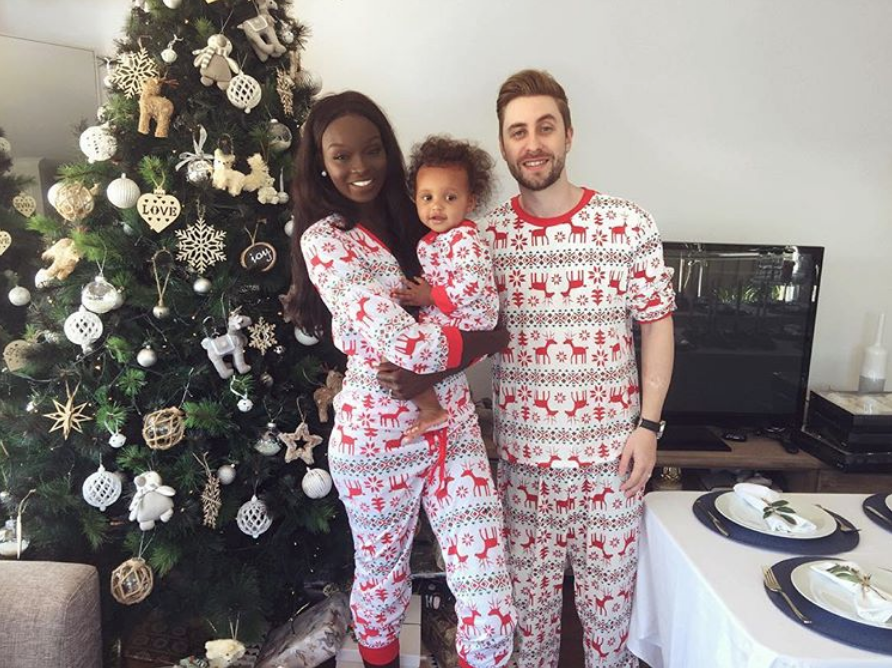
“One of the sad things is the media only really shows the negative when it comes to South Sudanese … stuff like the APEX gang,” says Jamie.
“They’re trying to push the negative stuff, but they’re not trying to show any of the good stuff. Or when they do it’s like a war story: 'From war-torn country he’s come up [through] the ranks. Used to be a child soldier and now look he’s got a college degree!' There’s no middle-ground, showing it’s just normal.
“Nikki is South Sudanese. She’s proud to be South Sudanese, and of her parents' culture, but she is just the same as anybody else living in Australia.
"And that’s why so many people relate to Nikki so much because she’s just…normal.”
